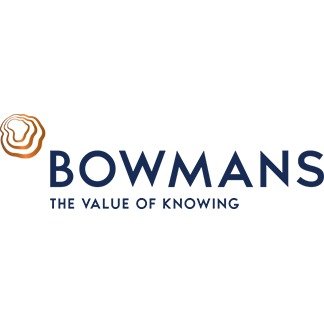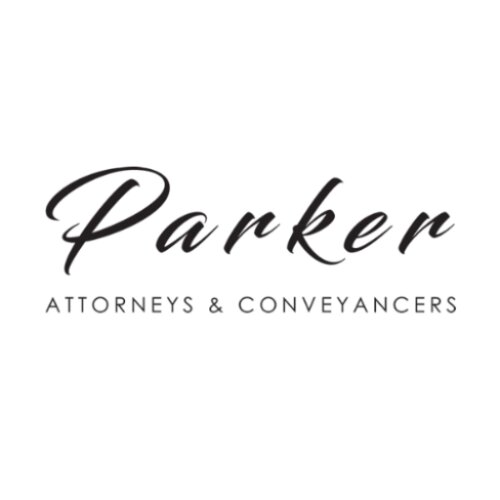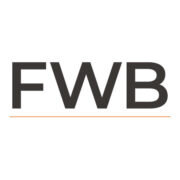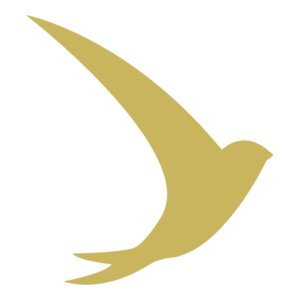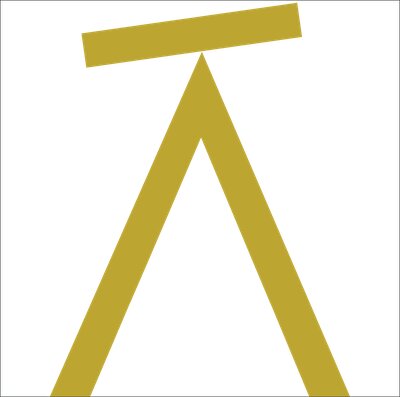Best Copyright Lawyers in Cape Town
Share your needs with us, get contacted by law firms.
Free. Takes 2 min.
List of the best lawyers in Cape Town, South Africa
About Copyright Law in Cape Town, South Africa
Copyright law in Cape Town, as part of South Africa, is governed by both local and international regulations. The Copyright Act 98 of 1978 is the primary piece of legislation that outlines copyright protection in the country. This Act ensures that creators have exclusive rights to reproduce, publish, perform, transmit, and adapt their works. These rights apply to various forms of content, including literary, musical, and artistic works, offering protection within South Africa and adhering to international treaties such as the Berne Convention. The law aims to balance the interests of creators and the public, promoting the advancement of arts and culture while respecting intellectual property rights.
Why You May Need a Lawyer
There are several common situations where individuals or organizations may need legal assistance with copyright issues in Cape Town:
- Creation and Ownership: Understanding who owns the copyright in a work, especially in collaborative projects, can be complex and may require legal clarity.
- Infringement Disputes: If you believe your copyright has been infringed, or if you are accused of infringing someone else's copyright, a lawyer can help navigate the dispute.
- Licensing and Permissions: When licensing your work for use by others, legal advice can ensure your rights and interests are protected.
- Digital and Online Usage: With the rise of digital media, understanding copyright for digital content and social media is crucial.
- New Business Ventures: Startups utilizing creative content or technology might need guidance in using copyrighted material without infringement.
Local Laws Overview
The Copyright Act 98 of 1978 is central to the regulation of copyright in Cape Town, with key aspects including:
- Automatic Protection: Copyright protection is automatic upon creation, provided the work is original and fixed in a tangible form.
- Duration of Protection: Generally lasts for the lifetime of the author plus 50 years, though this may vary depending on the type of work.
- Moral Rights: Authors have the right to claim authorship and object to derogatory treatment of their work.
- Economic Rights: These include the rights to reproduce, publish, and adapt the work, among others.
- Exceptions and Limitations: There are fair use provisions that allow certain uses without permission, such as for research or education.
Frequently Asked Questions
What is copyright protection?
Copyright protection grants the creator of an original work exclusive rights to its use and distribution, usually for a fixed term.
How long does copyright last?
In South Africa, copyright generally lasts for the life of the creator plus 50 years, but this varies depending on the type of work.
What works are eligible for copyright?
Eligible works include literary, musical, artistic works, films, sound recordings, computer programs, and more, provided they are original and fixed in a tangible form.
Can I register my copyright?
No formal registration is required for copyright protection in South Africa; it is automatic once the work is created and fixed in a tangible form.
What is fair use, and when does it apply?
Fair use allows limited use of copyrighted material without permission for purposes such as research, education, and criticism, under specific conditions.
What happens if someone infringes my copyright?
You can take legal action to enforce your rights, which may involve seeking damages, an injunction, or other legal remedies.
Do I need permission to use someone else’s work?
Yes, unless the work falls under fair use or is in the public domain, you generally need permission to use copyrighted work.
What are moral rights?
Moral rights allow authors to have their work attributed to them and to object to derogatory treatments of their work that might harm their reputation.
How does copyright apply to digital content?
Digital content is protected under the same principles as traditional media, though enforcement online can present new challenges.
Are there penalties for copyright infringement?
Yes, infringement can lead to civil penalties such as damages and, in some cases, criminal charges, depending on the severity of the infringement.
Additional Resources
For more information about copyright, you might consider the following resources:
- CIPC (Companies and Intellectual Property Commission): Provides guidelines on intellectual property rights in South Africa.
- South African Institute of Intellectual Property Law (SAIIPL): Offers resources and professional legal assistance on intellectual property matters.
- Creative Commons South Africa: An organization offering alternative copyright solutions and licenses.
- World Intellectual Property Organization (WIPO): Offers global insights on copyright law and international treaties.
Next Steps
If you need legal assistance regarding copyright in Cape Town, consider the following steps:
- Consult a Legal Professional: Seek advice from a lawyer specializing in intellectual property law to discuss your specific situation.
- Gather Documentation: Collect any relevant documents or information related to your case or inquiry, such as evidence of creation or infringement.
- Understand Your Rights: Familiarize yourself with your rights and obligations under the Copyright Act to make informed decisions.
- Explore Alternative Dispute Resolution: In cases of infringement, consider mediation or other alternative dispute resolution methods before pursuing litigation.
Lawzana helps you find the best lawyers and law firms in Cape Town through a curated and pre-screened list of qualified legal professionals. Our platform offers rankings and detailed profiles of attorneys and law firms, allowing you to compare based on practice areas, including Copyright, experience, and client feedback.
Each profile includes a description of the firm's areas of practice, client reviews, team members and partners, year of establishment, spoken languages, office locations, contact information, social media presence, and any published articles or resources. Most firms on our platform speak English and are experienced in both local and international legal matters.
Get a quote from top-rated law firms in Cape Town, South Africa — quickly, securely, and without unnecessary hassle.
Disclaimer:
The information provided on this page is for general informational purposes only and does not constitute legal advice. While we strive to ensure the accuracy and relevance of the content, legal information may change over time, and interpretations of the law can vary. You should always consult with a qualified legal professional for advice specific to your situation.
We disclaim all liability for actions taken or not taken based on the content of this page. If you believe any information is incorrect or outdated, please contact us, and we will review and update it where appropriate.




